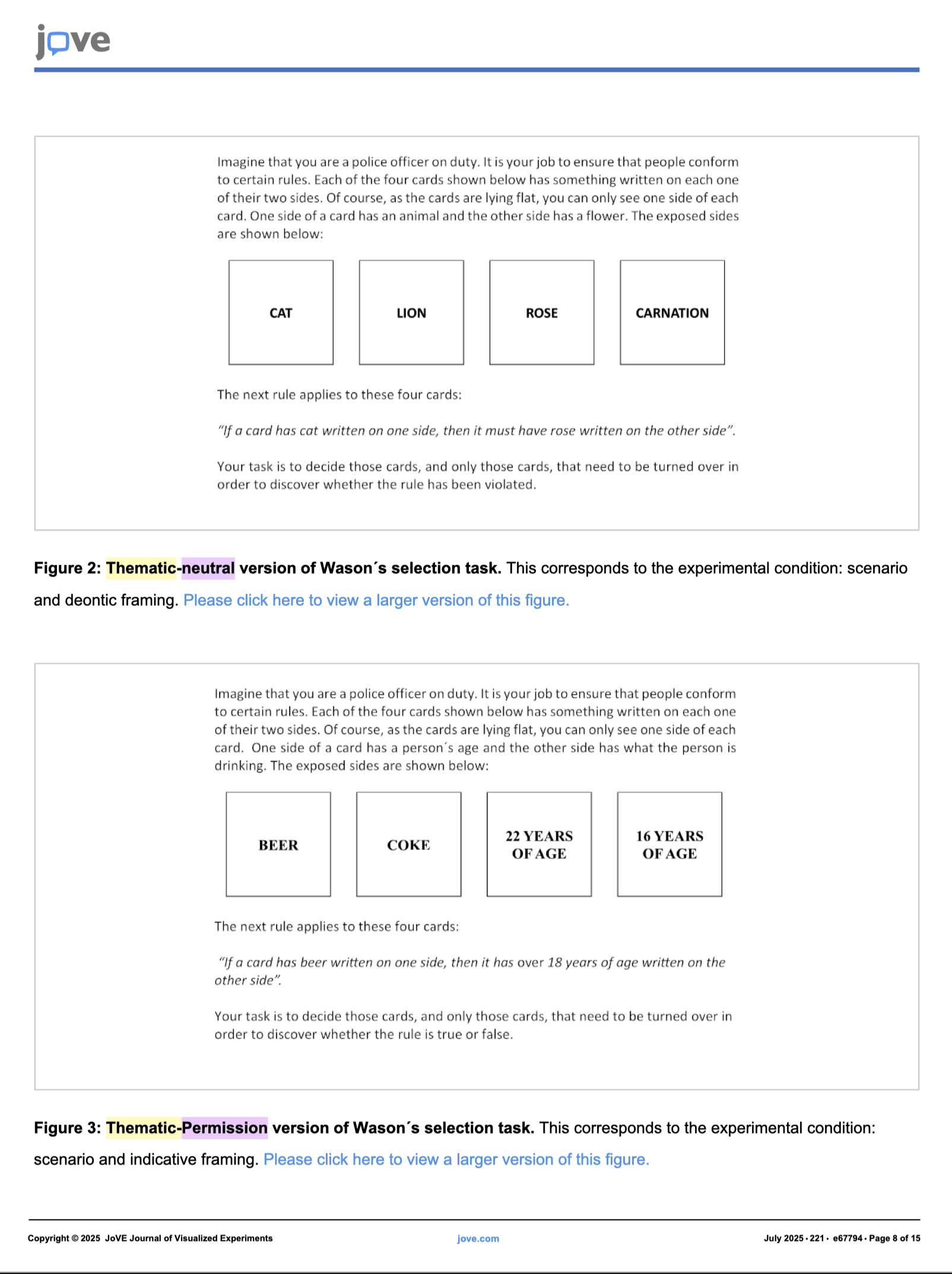🎙️ Our Young Academy Fellow Dr Deniz Sarikaya launches ‘aboutlogic’
+++
In the new biweekly #podcast #logic, #mathematics, #philosophy and #computer #science come together, funded by the Academy of Sciences and Humanities in Hamburg.
Watch #videos
👉 https://www.youtube.com/@aboutlogic/videos
Listen to the #Podcast
👉 https://aboutlogic.podigee.io/
🎙️ Our Young Academy Fellow Dr Deniz Sarikaya launches ‘aboutlogic’
+++
In the new biweekly #podcast #logic, #mathematics, #philosophy and #computer #science come together, funded by the Academy of Sciences and Humanities in Hamburg.
Watch #videos
👉 https://www.youtube.com/@aboutlogic/videos
Listen to the #Podcast
👉 https://aboutlogic.podigee.io/
If your objection to something is just “it's biased”, then you do not yet have an objection.
I mention #theBiasFallacy in "Strategic Reflectivism":
https://doi.org/10.48550/arXiv.2505.22987
and explain it on my #blog: https://byrdnick.com/archives/11072/the-bias-fallacy
#newissue
Now online #TheReasoner's special issue about the inaugural meeting of the “Milan Logic and Philosophy of Science Network", held at Politecnico di #Milano in March 2025.
Part 1: #AI, #Robotics, and #Cognition
Part 2: #Epistemology, #Reasoning, and #Logic
Part 3: #Philosophy of the #PhysicalSciences, #Biology, and #Health.
Part 4: Science, Values, and Uncertainty.
Discussions: #gender, #mentalhealth and #publicengagement in academia
⬇️ https://riviste.unimi.it/index.php/thereasoner/issue/view/2713?mtm_campaign=mastodon
#AI may exacerbate bad academic habits:
Science summaries from large language models ( #LLMs) were nearly five times more likely than human-authored summaries to contain broad generalizations (95% CI [3.06, 7.70], p < 0.001).
And newer language models over-generalized more; not less!
Generalization bias in large language model summarization of scientific research
In my articles about logic and thinking many people respond that "this is bullshit, logic is just a formal science, it isn't related at all e.g. with ideology" which is hard to disprove, but very wrong: In thinking, things are related in ways that are very subtle and hard to explain. And absolutely everything is related to ideology! e.g. art is related to ideology, religion is related to ideology (it can prompt you both to your stuff out and to being a nazi (two very different kind of beliefs)).
This is very important to understand, because many people already know it.
Why was the nazi propaganda so successful? Because they understood that just straight up telling people what to think, is not the only way to influence their opinion. So they didn't only create nazi politics, they created nazi art, nazi architecture, nazi science, nazi philosophy etc.
In my articles about logic and thinking many people respond that "this is bullshit, logic is just a formal science, it isn't related at all e.g. with ideology" which is hard to disprove, but very wrong: In thinking, things are related in ways that are very subtle and hard to explain. And absolutely everything is related to ideology! e.g. art is related to ideology, religion is related to ideology (it can prompt you both to your stuff out and to being a nazi (two very different kind of beliefs)).
This is very important to understand, because many people already know it.
Why was the nazi propaganda so successful? Because they understood that just straight up telling people what to think, is not the only way to influence their opinion. So they didn't only create nazi politics, they created nazi art, nazi architecture, nazi science, nazi philosophy etc.
#newissue
Now online #TheReasoner's special issue about the inaugural meeting of the “Milan Logic and Philosophy of Science Network", held at Politecnico di #Milano in March 2025.
Part 1: #AI, #Robotics, and #Cognition
Part 2: #Epistemology, #Reasoning, and #Logic
Part 3: #Philosophy of the #PhysicalSciences, #Biology, and #Health.
Part 4: Science, Values, and Uncertainty.
Discussions: #gender, #mentalhealth and #publicengagement in academia
⬇️ https://riviste.unimi.it/index.php/thereasoner/issue/view/2713?mtm_campaign=mastodon
Yay for the editors of Journal of Philosophical Logic for collectively quitting Springer & starting something better!
And yay for @openlibhums for funding this new-but-venerable diamond #openaccess journal.
"All of the editors-in-chief and associate editors of Springer Nature’s Journal of Philosophical Logic have announced their immediate or pending resignation and the launch, as of today, of a new “diamond” open access journal, Philosophical Logic."
https://dailynous.com/2025/12/10/editors-at-springers-journal-of-philosophical-logic-resign-launch-new-open-access-journal/
#philosophy #logic
I'm happy that my proposal for an introductory course on Homotopy Type Theory / Univalent Foundations at the European Summer School in Logic, Language and Information 2026 in Prague was accepted!
A great opportunity to make use of @egbertrijke's recently published book, @MartinEscardo's lecture notes (in Agda!) and @danielgratzer and @carloangiuli's book draft!
Links for the curious:
- Egbert's book: https://doi.org/10.1017/9781108933568 & https://arxiv.org/abs/2212.11082
- Martín's notes: https://cs.bham.ac.uk/~mhe/HoTT-UF-in-Agda-Lecture-Notes/index.html
- Daniel and Carlo's book draft: https://www.danielgratzer.com/papers/type-theory-book.pdf
Yay for the editors of Journal of Philosophical Logic for collectively quitting Springer & starting something better!
And yay for @openlibhums for funding this new-but-venerable diamond #openaccess journal.
"All of the editors-in-chief and associate editors of Springer Nature’s Journal of Philosophical Logic have announced their immediate or pending resignation and the launch, as of today, of a new “diamond” open access journal, Philosophical Logic."
https://dailynous.com/2025/12/10/editors-at-springers-journal-of-philosophical-logic-resign-launch-new-open-access-journal/
#philosophy #logic
I'm happy that my proposal for an introductory course on Homotopy Type Theory / Univalent Foundations at the European Summer School in Logic, Language and Information 2026 in Prague was accepted!
A great opportunity to make use of @egbertrijke's recently published book, @MartinEscardo's lecture notes (in Agda!) and @danielgratzer and @carloangiuli's book draft!
Links for the curious:
- Egbert's book: https://doi.org/10.1017/9781108933568 & https://arxiv.org/abs/2212.11082
- Martín's notes: https://cs.bham.ac.uk/~mhe/HoTT-UF-in-Agda-Lecture-Notes/index.html
- Daniel and Carlo's book draft: https://www.danielgratzer.com/papers/type-theory-book.pdf
...we know that giving people various cues can make up for their poor understanding of the #logic of conditionals.
For instance, adding a scenario to a familiar conditional makes people far more likely to realize how others would test it...if it's a rule: https://dx.doi.org/10.3791/67794
In the 60s Wason showed people poorly understand the #logic of testing abstract conditionals (If..., then...).
In the 70s Johnson-Laird et al. found people DO know how others tend to test FAMILIAR conditionals (If someone drinks, then they must be 21).
After many more papers...
[New Blog Post] Implementing E Unification using SMT https://www.philipzucker.com/smt_unify/ #logic #automatedreasoning #smt
Happy #Halloween
!["(1) all models perform reasonably well on AND and moderately on OR, and (2) performance collapses on NEITHER/NOR in zero-and few-shot settings, even for the strongest LLMs. ...weaknesses are amplified in the MIXED condition, where different operators appear across options and models must implicitly infer the governing relation. F1 drops to 43–56% for all few-shot models, [but] fine-tuned models achieve 83–93% F1 across all operators, suggesting that the task is learnable with supervision...."
"While LLaMA-3.1-8B achieves 72.2% accuracy on CommonSenseQA, its performance drops sharply on Logical-CommonSenseQA: 72% on AND, 62.2% on OR, 42.7% on MIXED, and only 13.9% on NEITHER/NOR. This discrepancy shows that benchmarks like CommonSenseQA substantially overestimate models’ commonsense reasoning ability by failing to test relational and compositional plausibility judgments."](https://nerdculture.de/system/media_attachments/files/116/017/952/449/317/425/original/59536a782425eaae.png)
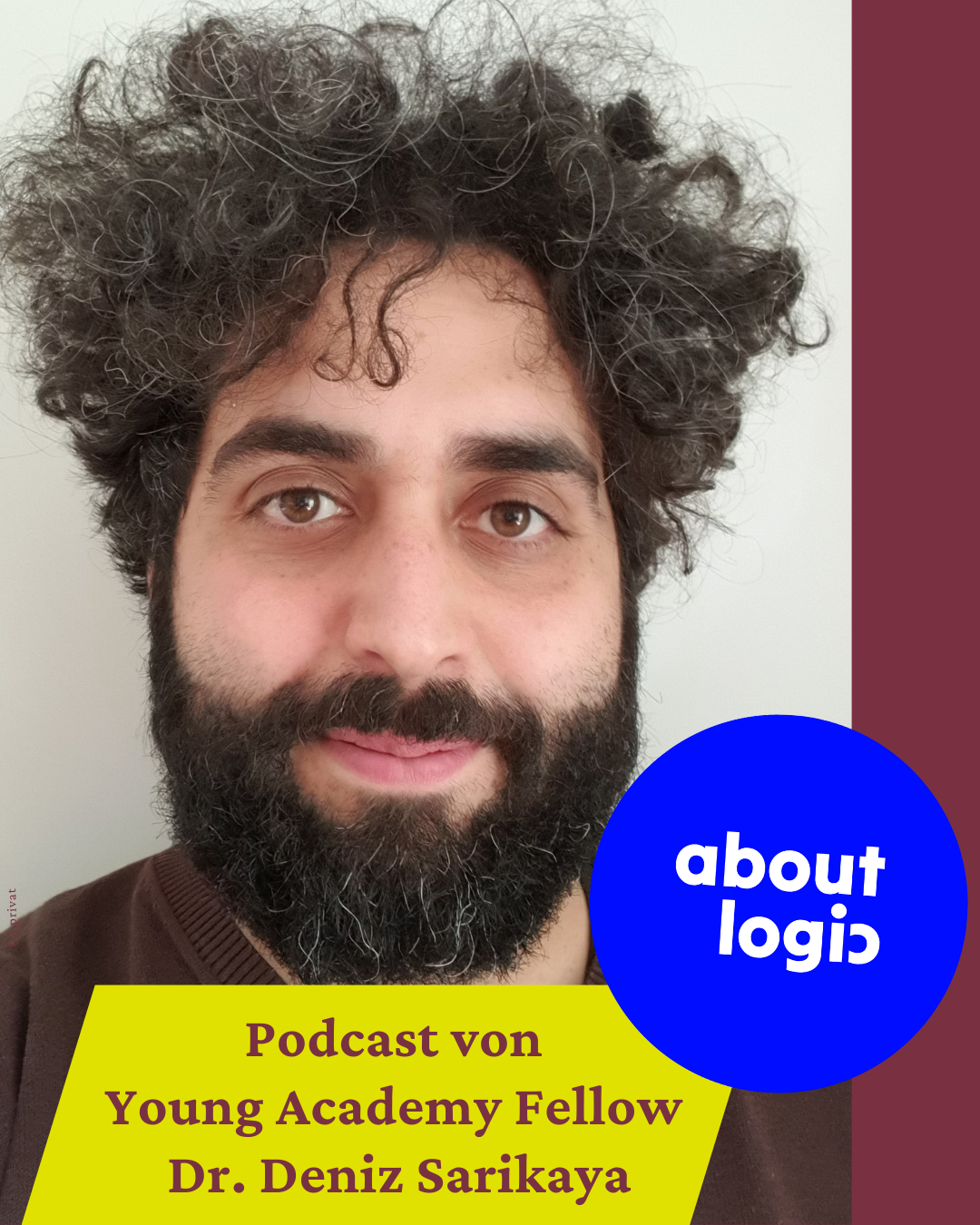
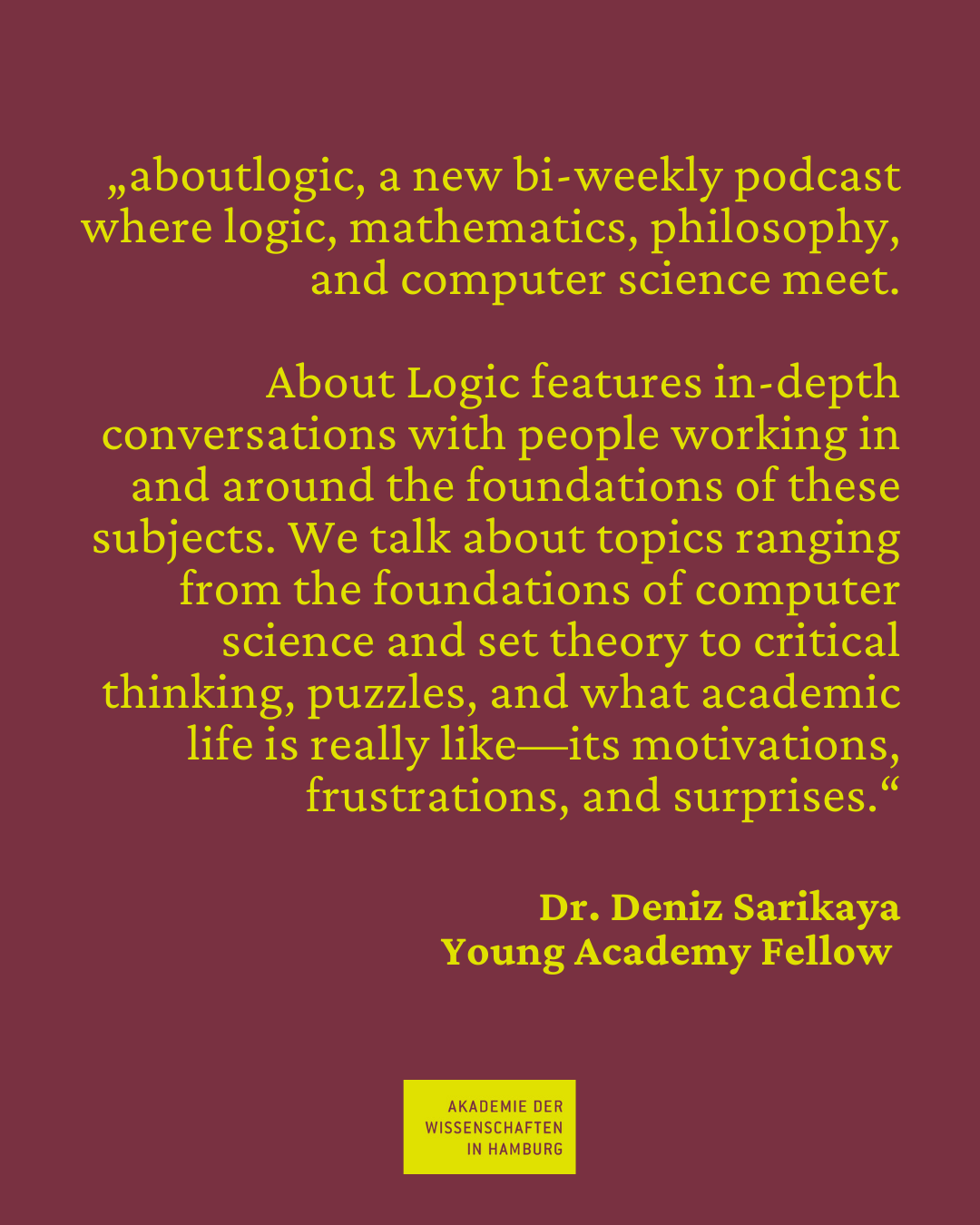
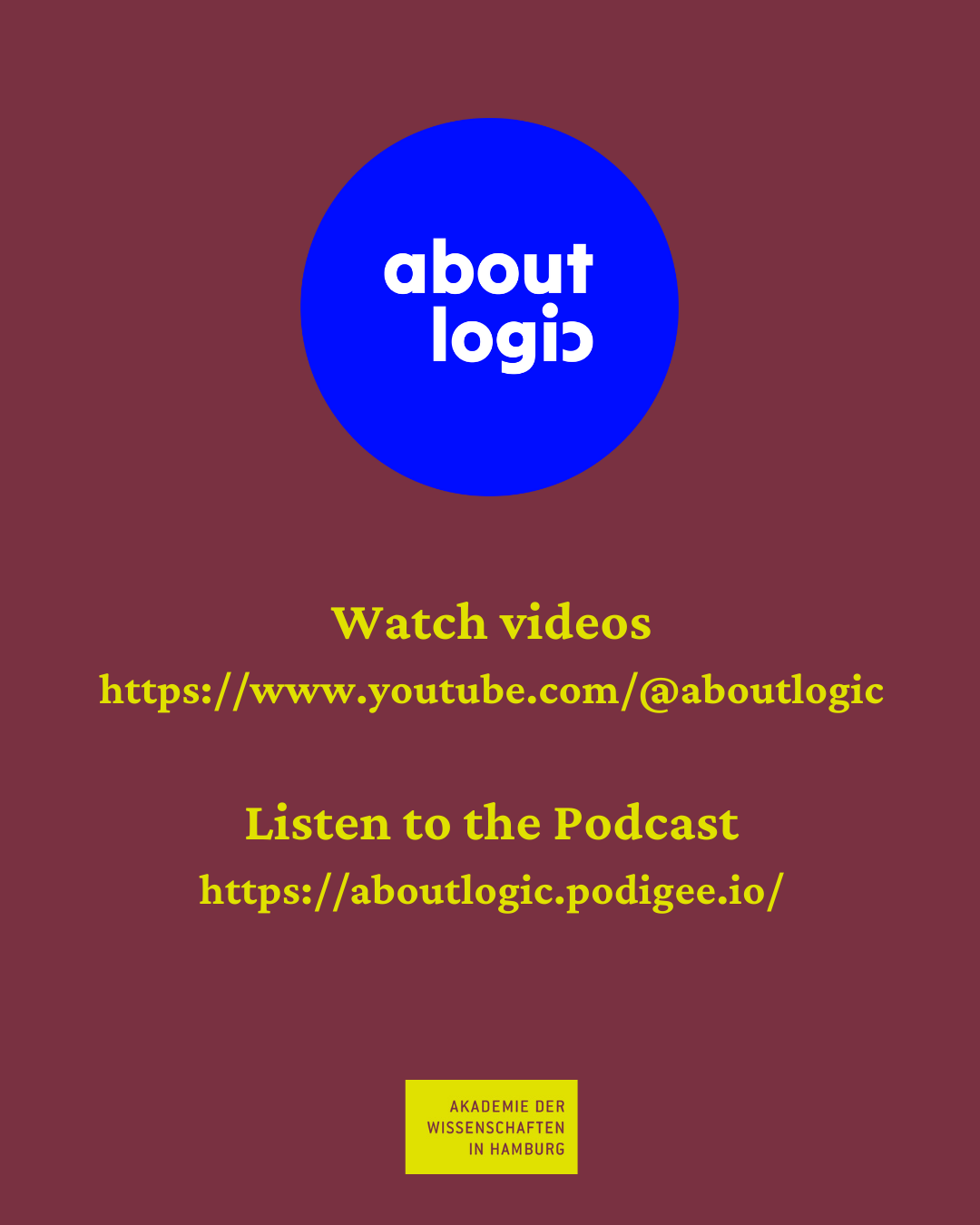
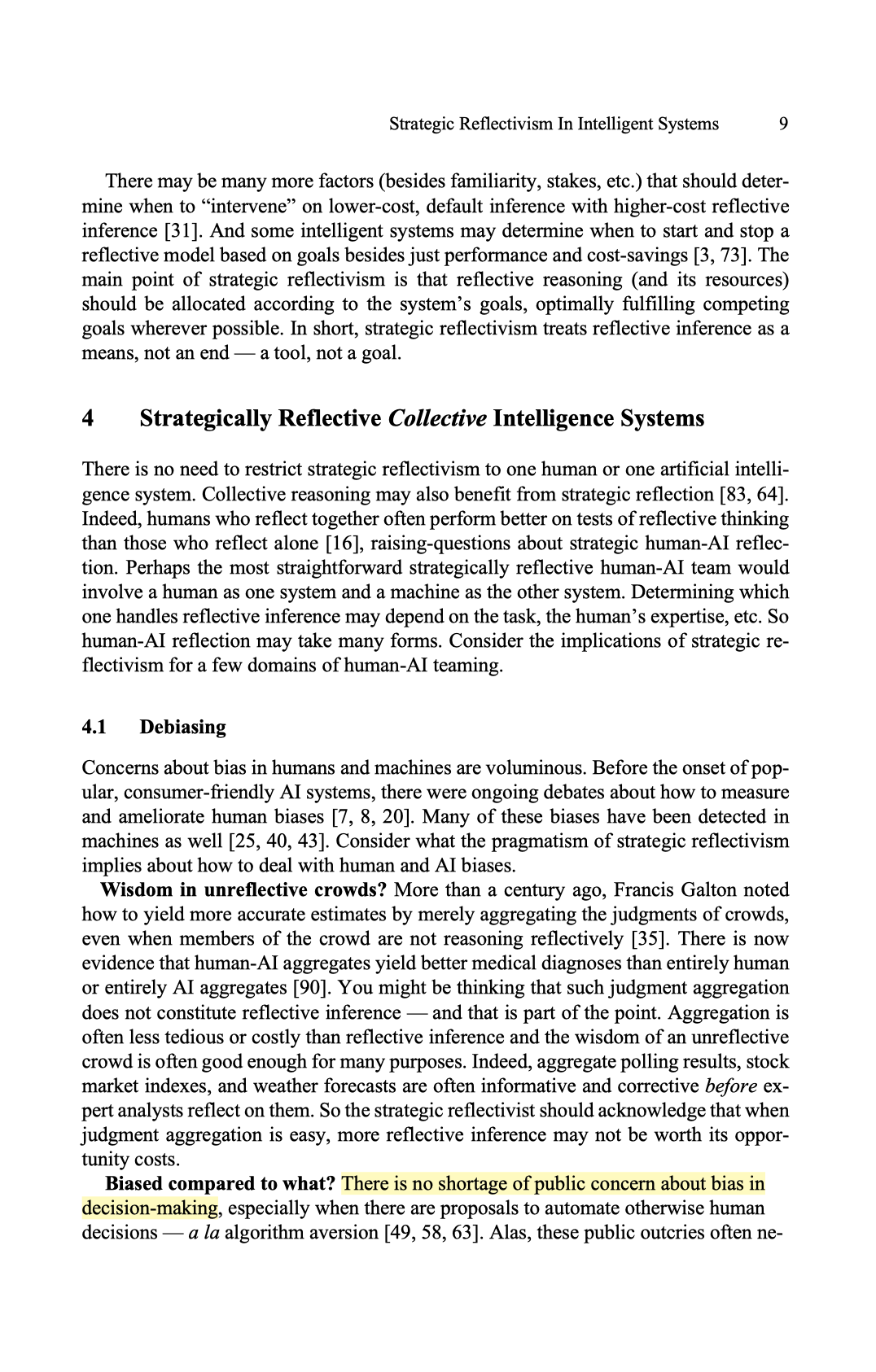
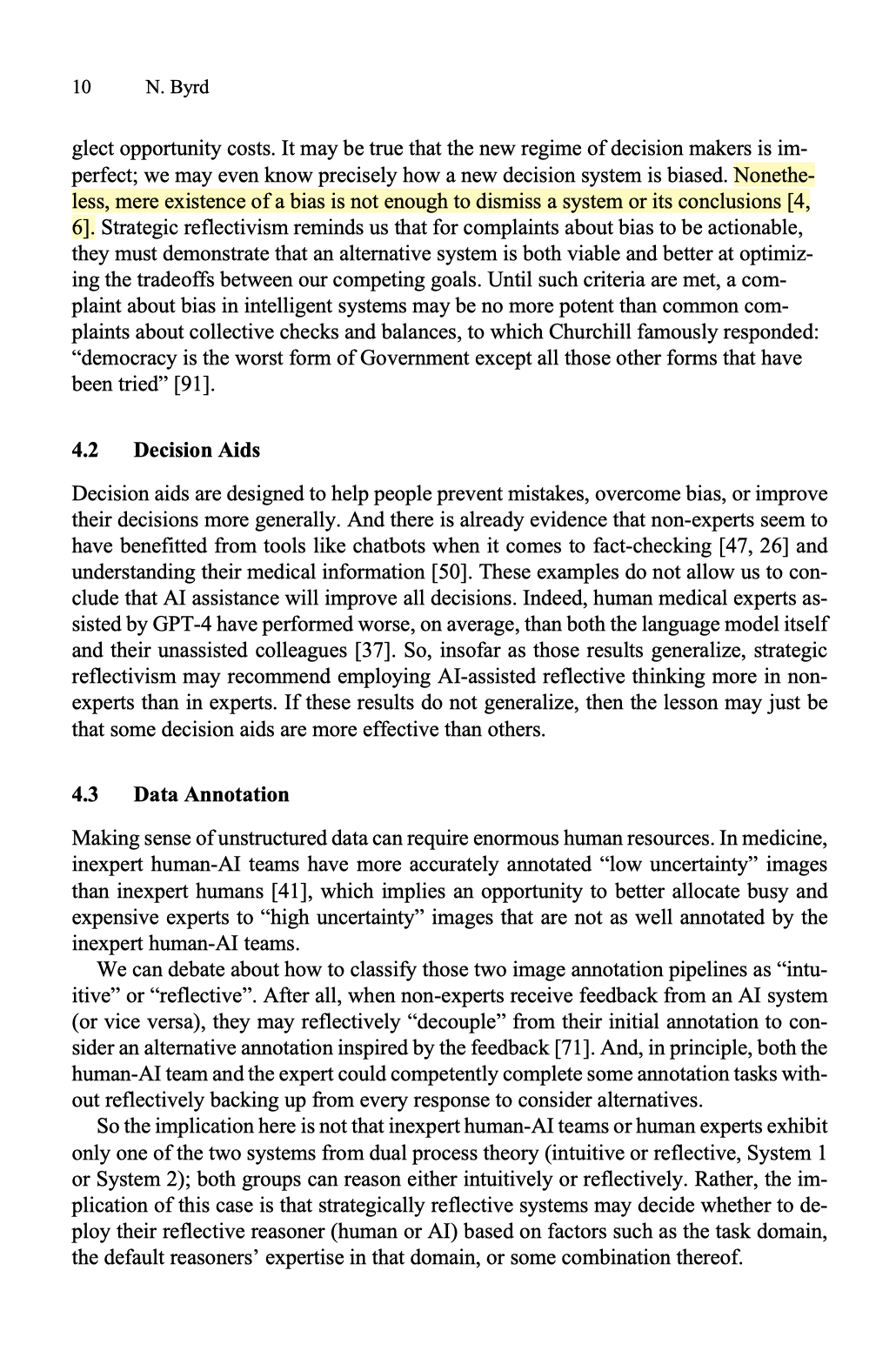
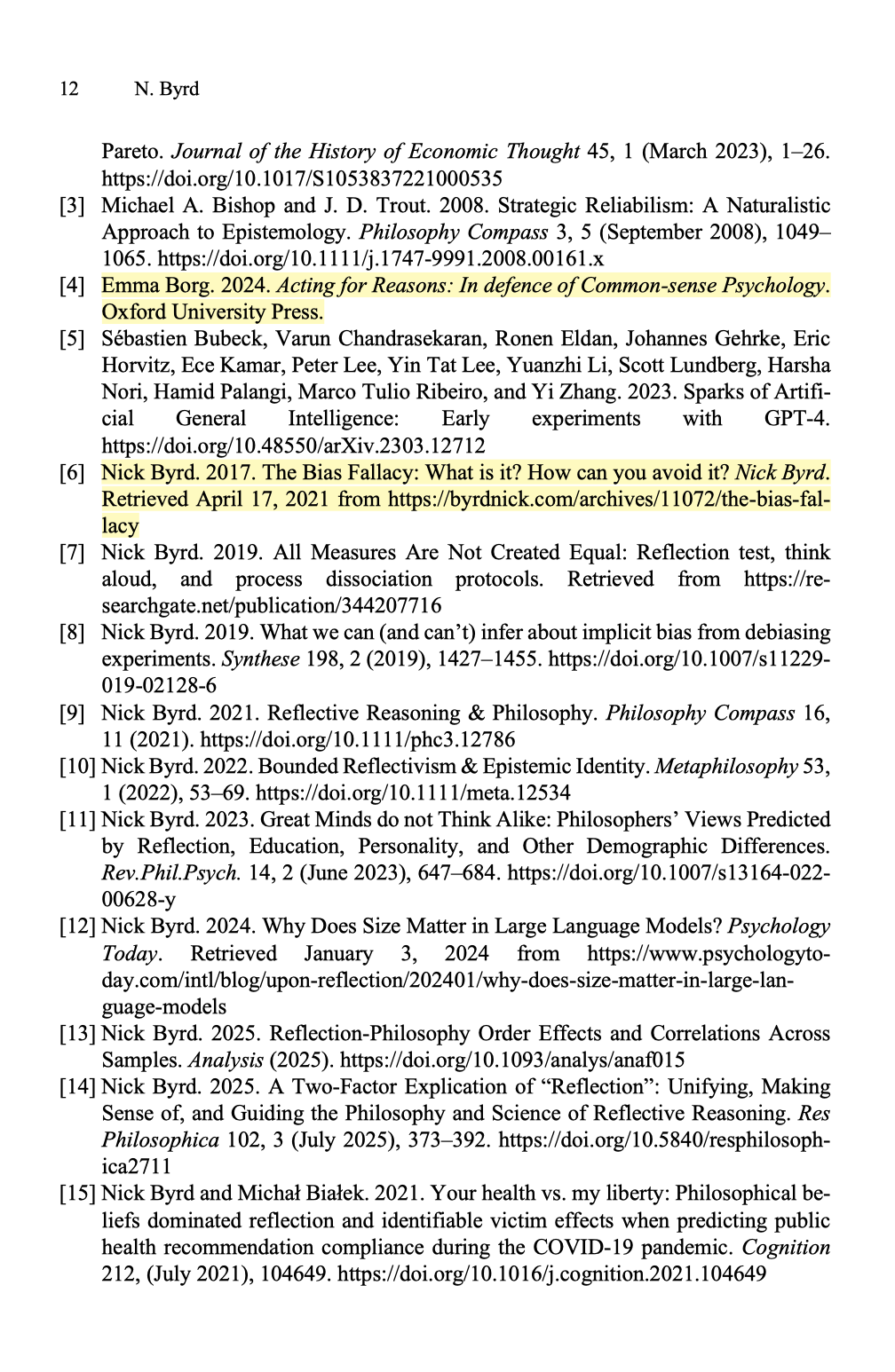
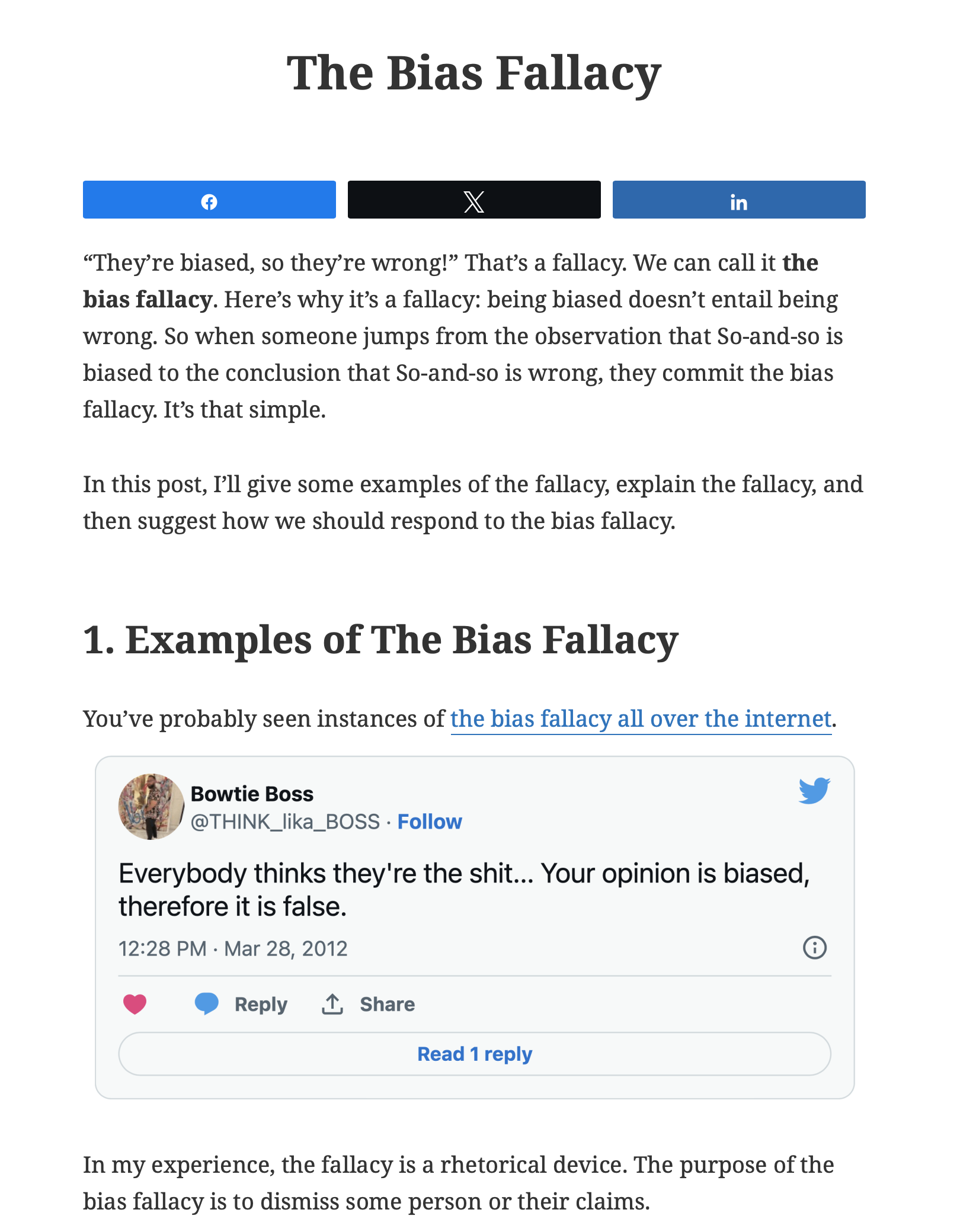


!["As shown in Figure 5, performance was considerably higher when the scenario was present rather than absent when [rule-like or] deontic framing was used, but there was little effect of the scenario with indicative framing."](https://nerdculture.de/system/media_attachments/files/115/700/839/534/784/792/original/1fa2d61e5c587cec.png)

